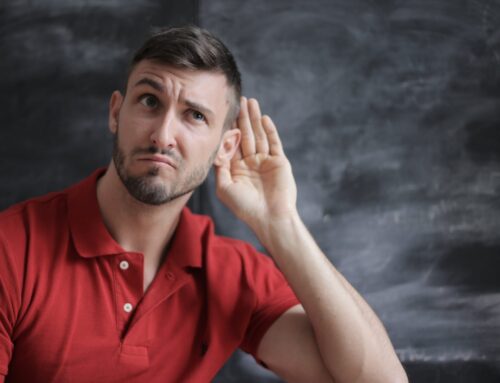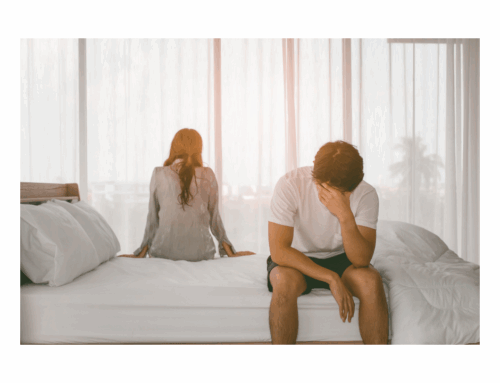The holidays are over, the weather is still cold outside, and nighttime continues to come at too early of a time. It’s tough to find things to look forward to and it can be challenging to maintain a positive attitude. This means that depressive symptoms can begin to form and it’s important for us to recognize the warning signs when they begin. Most of us know the stereotypical depressive symptoms such as feelings of sadness, loss of interest in activities, feelings of worthlessness, or frequent thoughts of death or self-harm. However, there are other symptoms that may go under the radar if you are not aware. Here are 6 common depressive signs that are often ignored:
- Angry outbursts, irritability or frustration
- How is anger related to sadness? While anger is a universal emotion, and completely valid to feel, excessive uncontrolled anger that is triggered by trivial issues is often considered harmful. Many therapists believe that having difficulties coping with anger can play an instrumental role in the onset and persistence of depression due to not having adequate skills in regulating emotions and ruminating on negative events.
- Cognitive difficulties
- Have you ever heard of the term “brain fog”? This term is a great way to explain a depressive symptom that may go overlooked. Depression has been shown to affect certain neural networks in the brain that aid with cognitive functioning such as one’s ability to think clearly, reaction time, memory, concentration and other executive functioning skills. When cognitive functioning is impaired, it can also be known as “brain fog” and when this begins to affect most areas of one’s life, it can feel like being “stuck in the fog”.
- Sleep disturbance
- Most would assume that depression means sleeping too much, but did you know that you can also sleep too little to the point of insomnia? In other words, difficulty falling or staying asleep. The links between sleep and depression are strong, where studies have shown that 75% of depressed patients have this specific symptom. Therefore, if your sleep has begun to be impacted on a regular basis, it’s important to see if there are other symptoms occurring as well.
- Fatigue
- How many of you have blamed your fatigue on something in your environment? At times, this can be the case. However, if the fatigue begins to have emotional effects (i.e. apathy) or cognitive effects (i.e. difficulty concentrating), then this may be a sign of depression. One of the reasons that depression and fatigue are related is that depression impacts the neurotransmitters associated with alertness and our reward systems. Therefore, the condition has a physiological impact on our energy levels.
- Unexplained physical problems
- Having new and unexplained back pains or headaches? People who are struggling with depression are more likely to experience unwanted physical symptoms. Besides muscle pains, symptoms can also include stomach problems, fatigue, sleep disturbances, psychometer activity changes, and appetite changes. In a study for depression, 2% of all patients who reported having only 1 physical symptom were found to have a mood disorder, but among patients who reported 9 or more physical symptoms, 60% of them were found to have a mood disorder.
- Avoidance of social interaction
- Ever have a friend that all of sudden doesn’t really want to hang out or do the things you used to do together? Also known as “depression isolation”, this symptom is extremely common. The reason isolative behaviors emerge can be due to feeling fatigued, not wanting to be judged, feeling unworthy of support, feeling overwhelmed, feeling disconnected, or not having the energy to put on a smile. Social isolation forms a negative feedback loop which makes the depression worse by not reaching out for help and feeling more lonely.
Keep in mind that these 6 symptoms are just some of the less intuitive signs of depression. You may experience one of the above symptoms due to other environmental situations. However, if these symptoms are frequent, persistent, occur with other symptoms, and are out of the norm for you or a loved one, make an appointment with your doctor or therapist right away. If you’re reluctant, try to talk to a friend or loved one, any health care professional, a faith leader, or someone else you trust. If you think you may hurt yourself or attempt suicide, call 911 or go to your nearest local emergency room.






